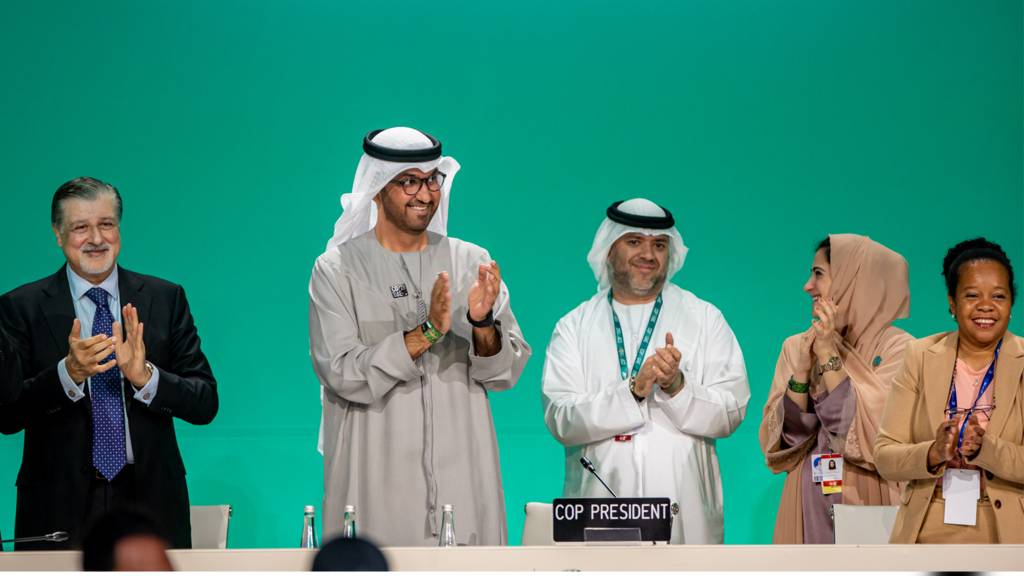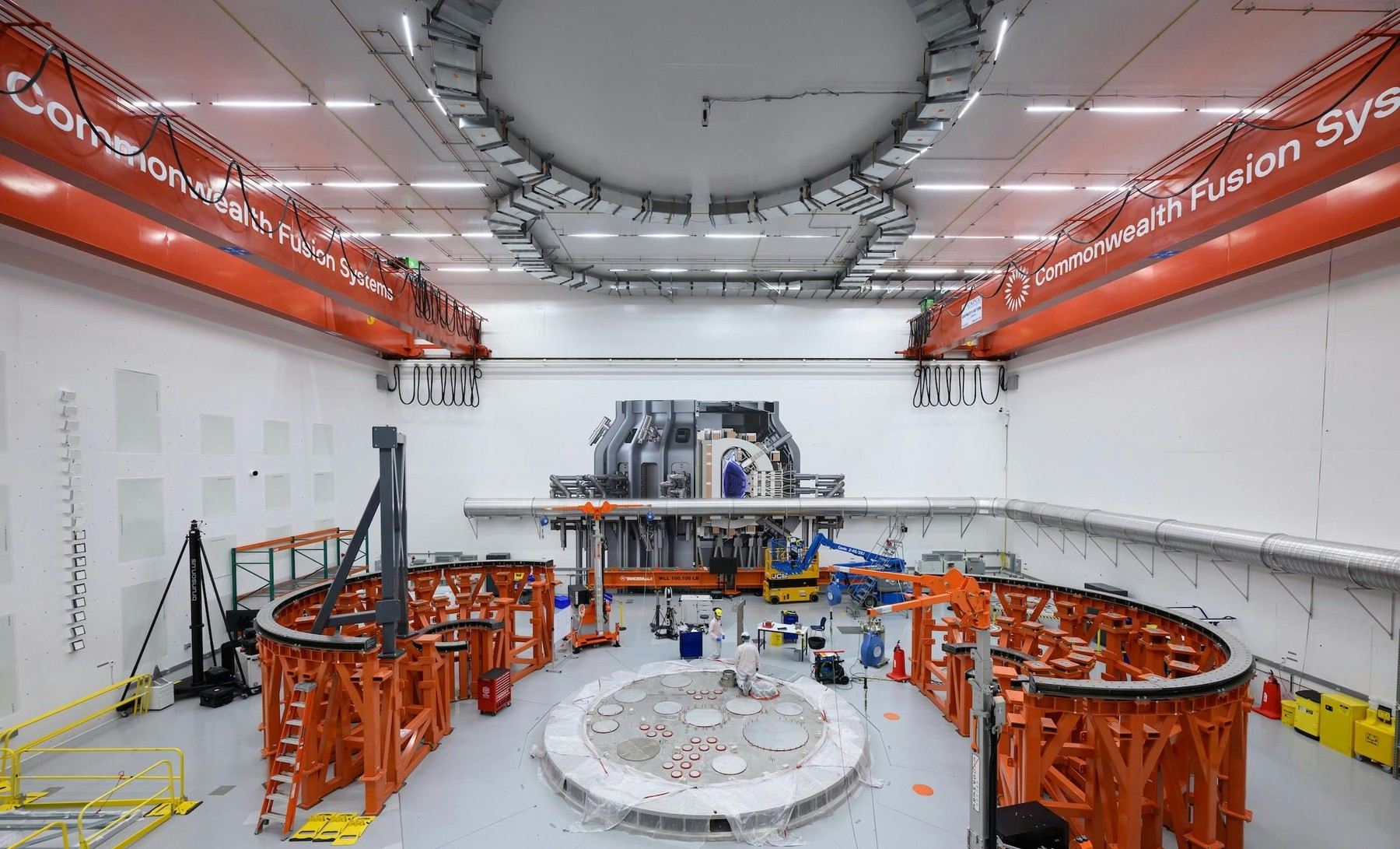The recently concluded COP28, held in the United Arab Emirates, brought together nations with diverse interests and stakes in fossil fuel-related developments. The negotiations involved an interaction between major oil-producing nations, small climate-vulnerable island states, and influential actors like the United States and the European Union. This article explores the key aspects of the COP28 agreement, the roles of major stakeholders, and the challenges and opportunities it presents for the global transition away from fossil fuels.
Organization of the Petroleum Exporting Countries (OPEC)
Members of OPEC control nearly 80% of the world’s proven oil reserves and a third of global oil output. Their governments heavily rely on oil revenues, making them crucial players in any discussions related to fossil fuels. The agreement reached at COP28 requires a transition away from fossil fuels, posing challenges for OPEC nations heavily dependent on oil income.
Small Climate-Vulnerable Island States

These nations, often disproportionately affected by climate change, were vocal advocates for language phasing out fossil fuels. Supported by major oil and gas producers like the United States, Canada, Norway, and the European Union, these island states played a crucial role in shaping the agreement. The Alliance of Small Island States’ lead negotiator, Anne Rasmussen, criticised the deal as unambitious but did not formally object, emphasising the unity of purpose in moving away from oil and gas.
United States and Other Proponents of Change
The United States, Canada, and Norway supported the phasing out of fossil fuels, highlighting a shift in their stance. U.S. climate envoy John Kerry praised the agreement as an instance of multilateralism defining the common good. However, former Vice President Al Gore noted the influence of petrostates, suggesting that half measures and loopholes persisted in the final agreement.
COP28 Agreement and Emissions Reduction
The COP28 agreement calls for a just and equitable transition away from fossil fuels to achieve net zero by 2050. It acknowledges actions already underway, such as the retirement of coal-fired power plants and the global push for renewable energy. Key components include tripling renewable energy capacity by 2030, reducing coal use, and advancing technologies like carbon capture and storage. Critics argue that carbon capture remains expensive and unproven at scale, potentially allowing continued fossil fuel extraction.
Challenges and Opportunities
Diverse Paths for Nations
The agreement is described as a menu allowing each country to follow its own pathway, considering its unique characteristics and sustainable development context. This flexibility aims to maintain the goal of limiting global warming to 1.5 degrees Celsius. However, concerns exist about the potential exploitation of this flexibility by some nations to justify continued fossil fuel extraction.
Global Responsibilities and Historical Emissions
Tensions emerged regarding the responsibility of developed nations in leading emissions reduction efforts. China emphasised the historical responsibilities of industrialised countries, while the U.S., despite being the largest historical emitter, faces challenges in passing climate-focused legislation through a divided Congress.
Financial Support for Transition
Despite the positive aspects of the COP28 agreement, criticism arises over insufficient financing and equity provisions to aid developing countries in transitioning to clean energy. Addressing the energy poverty gap requires enhanced commitments from rich nations.
COP28 stands as a pivotal moment in the ongoing global effort to address climate change and transition away from fossil fuels. The delicate balance struck between major stakeholders reflects the complex interplay of economic, environmental, and geopolitical factors. As nations now grapple with the responsibility of translating the agreement into national policies and investments, the path to a sustainable and equitable energy future remains uncertain. The world watches as the promises made at COP28 are put into action, knowing that the stakes have never been higher.
To stay informed about the climate industry explore our latest climate news.
Featured Image: Credit: COP28








